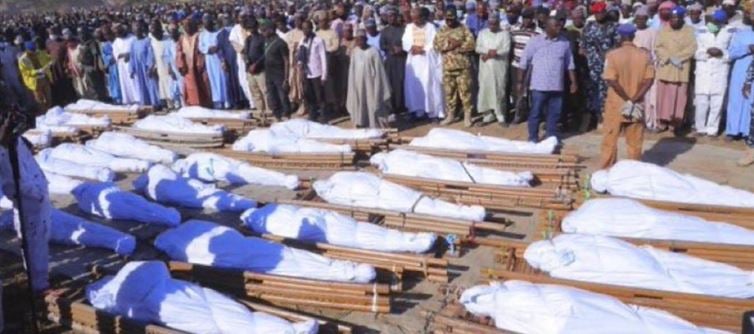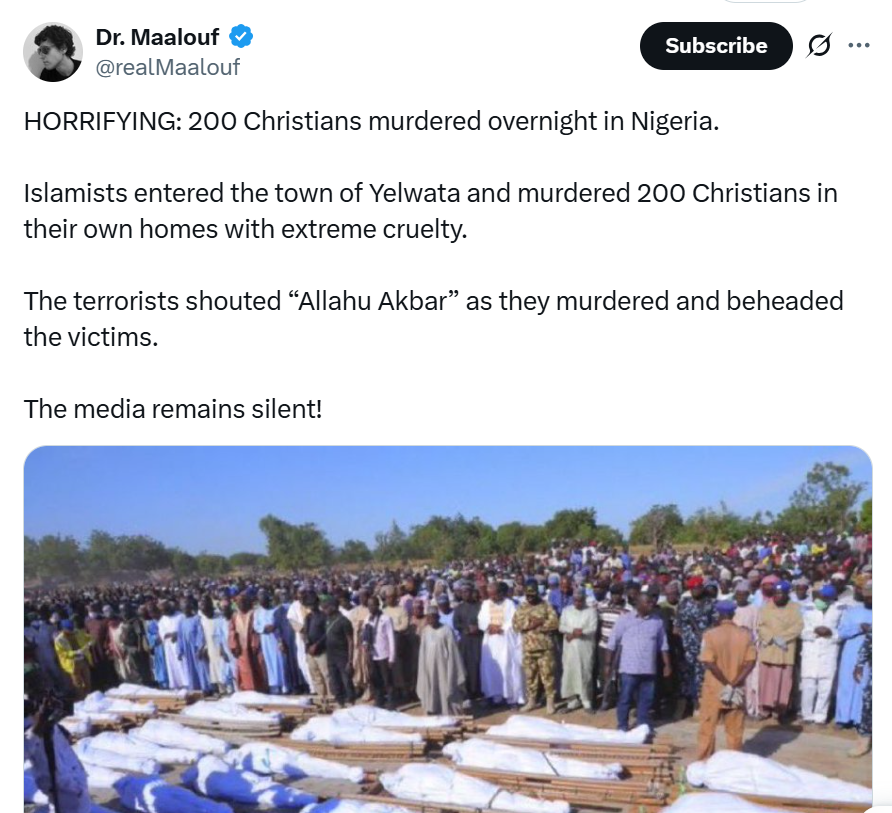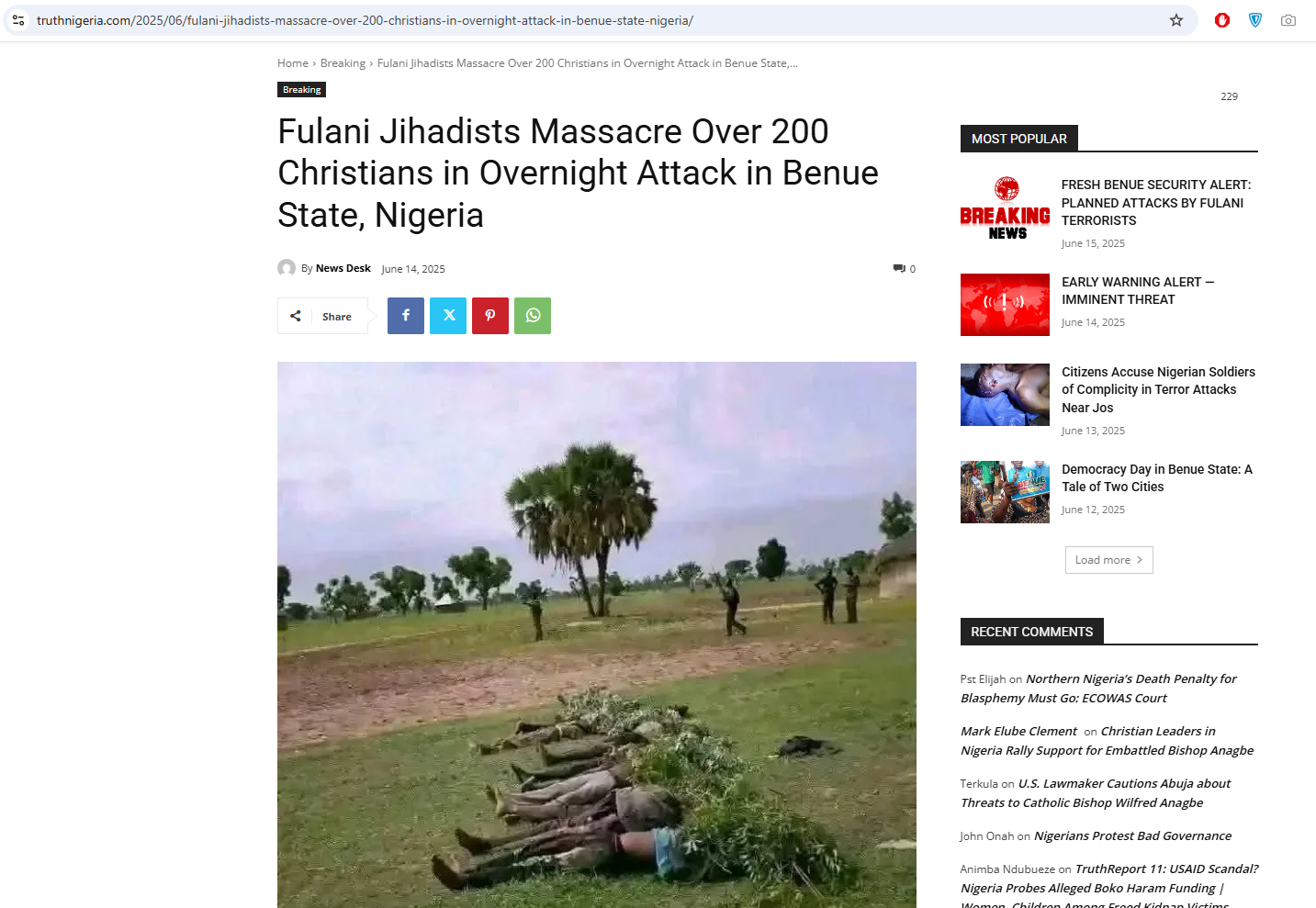

The attackers, reportedly shouting "Allahu Akbar," not only executed the victims with unimaginable cruelty but also beheaded many, leaving a scene of horror and grief that has traumatized the entire region. The incident underscores a chilling pattern of religiously targeted violence that continues to escalate in parts of nigeria, particularly in the Middle Belt.
While this isn't the first instance of mass killings targeting Christian communities in nigeria, the scale and savagery of the Yelwata massacre have renewed calls for international attention and intervention. For years, extremist groups like Boko Haram, ISWAP (Islamic State West Africa Province), and Fulani militant factions have operated with alarming impunity, attacking villages, churches, and schools. Despite countless lives lost and entire communities displaced, the Nigerian government has struggled—or in many cases, failed—to provide adequate protection or justice. local security forces often arrive too late, and survivors are left with no assurance of safety. In this climate of fear and abandonment, trust in institutions is eroding rapidly.
 What adds to the outrage is the deafening silence from much of the global media and many human rights organizations, who often treat such events with indifference or underreporting. social media is awash with users demanding accountability and justice, not only from Nigerian authorities but also from international bodies like the UN and Amnesty International. Critics argue that the global response to violence is often selective, influenced by geopolitical interests or fear of being accused of Islamophobia. However, the consistent targeting and massacre of Christians in nigeria is a humanitarian crisis that can no longer be ignored under the guise of political correctness. The bloodshed in Yelwata must serve as a wake-up call to address religious extremism and demand justice for the forgotten victims.
What adds to the outrage is the deafening silence from much of the global media and many human rights organizations, who often treat such events with indifference or underreporting. social media is awash with users demanding accountability and justice, not only from Nigerian authorities but also from international bodies like the UN and Amnesty International. Critics argue that the global response to violence is often selective, influenced by geopolitical interests or fear of being accused of Islamophobia. However, the consistent targeting and massacre of Christians in nigeria is a humanitarian crisis that can no longer be ignored under the guise of political correctness. The bloodshed in Yelwata must serve as a wake-up call to address religious extremism and demand justice for the forgotten victims.




 click and follow Indiaherald WhatsApp channel
click and follow Indiaherald WhatsApp channel